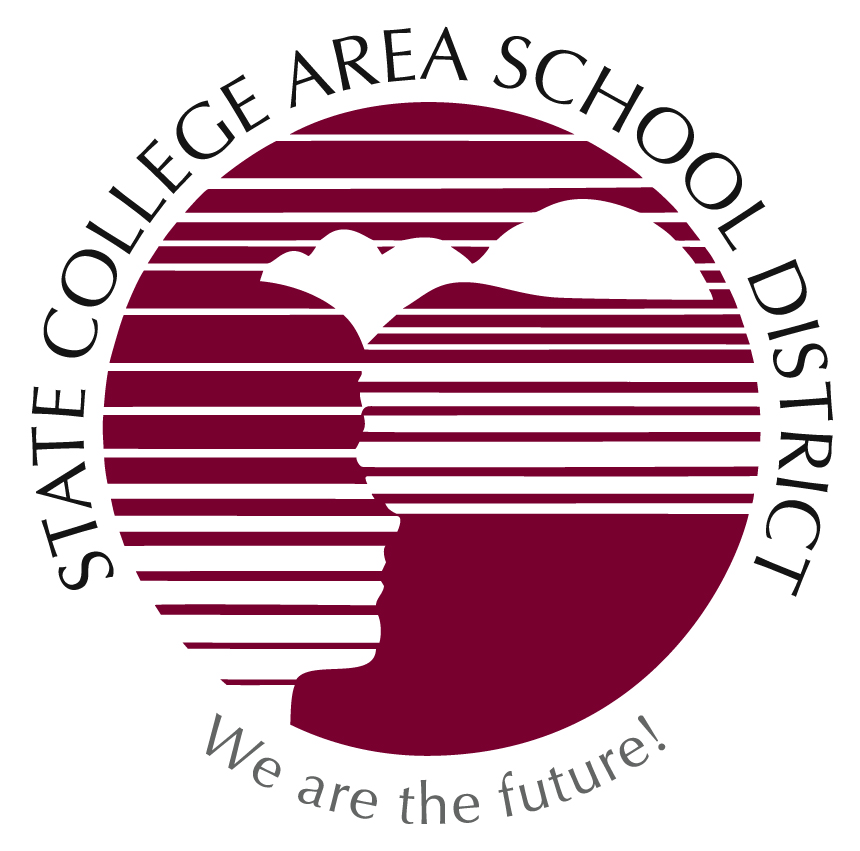If you don’t want to listen to a opinion on colleges and why I think they are a drain on the economy, do yourself a solid and just walk away. However if you stayed here’s why. Basically at average if you live in the state and you attend an in-state university you will have to pay $9,970 per semester on average as cited by the website CollegeData. On average a public university has 6,324 students as found by a website called CommunityCollegerView. That means that the average public university makes millions of dollars a year off of students tuition alone. But public colleges are usually subsidized. Meaning despite making millions a year they still get government welfare. You might not know why this is bad you might say, “Wouldn’t subsidizing colleges cause them to lower tuition prices because they can afford it.” The answer is no.
AID FOR MILLIONAIRES
It’s kind of funny that the answer is the exact opposite. You see, subsidizing colleges and giving them aid makes them less reliant on tuition. The problem with this is they don’t have to care for tuition anymore, they can raise the price of going to college as much as they want and still make substantial profits. In business people don’t just randomly do things out of good will, they usually do things because there is a financial incentive behind it. Universities are soaking up millions of dollars, and then they don’t give it back to the government in the form of taxes, as cited by a New York times article.
DEBT CREATOR
It turns out that 46% of Community College students and 36% of College students are housing insecure (The lack of security a person holds in housing due to high housing costs relative to income, low housing quality, unstable neighborhoods, overcrowding, and/or homelessness) and 9% of 4 year college students, even worse 12% of all community college students were homeless as found by a CNBC study. Now, I am one to agree that college is one of the best investments a person can make with the average college graduate making at least $17,000 more in their salary than the average high school graduate. I’m sure most people are aware of the large costs universities incur, along with the things someone going to get an education needs. But, instead of colleges getting restricted or taxed they get a free pass and even worse, loans are being given out by the government to those who can’t afford tuition. Colleges can just keep inflating the price because the government will just keep giving people loans so that they can afford it. You might think that this is some kind of investment by the government so that once all the loans are paid back they would have more money. But, no they are not making any money from these loans, in fact 1 million college students are going into debt default every year. Which would mean the government would be making either very little or even losing money from these loans. A thing I should note however is the fact that if the average default rate for a college is over 30%, the university is no longer eligible for subsidies so to me that’s a step in the right direction and solutions are clearly not too late to be made.
SOME SOLUTIONS
One solution is to make it so college is free for everyone in the USA. A problem with this idea is that most of the people who support the idea don’t know a way for the government to be able to afford it. Plus, it doesn’t set any parameters to the tuition price and maybe even support those bad business tactics by paying for the college no matter the price. Another way this solution can be done is if all colleges belong to the country and they lower price to only a few hundred dollars. Another potential problem is that those universities are restrained by the speed of the government and as many people know, democracy isn’t exactly the fastest acting form of government and the money the government has to spend to upkeep each school.
A solution is the idea of having one company control all the universities in the US and in exchange they offer low tuition prices, like a government controlled monopoly. The government will also not have to pay for upkeep of those universities, so that’s another plus. Yet there is another issue, the problem with monopolies is that without anyone to compete with companies get lazy and instead of having investments into newer or better things to keep their dominance in a industry they just sit on their money. The idea of building more colleges to meet the growing demand for jobs that need a education, not only will this create more jobs but might just curb the growing cost of an education. The government built universities will have to be supported by them and must be legally restricted from being bought out so that they can’t be purchased by the other already established colleges.
CONCLUSION
No matter what, a education should not cost an arm and a leg to get, especially if it’s a need for this era. College is a major investment and with more and more automation, the demand for a college education just keeps getting higher and higher. While Universities do provide a lot for society, such as research and entertainment, that doesn’t mean what they do that hurts society should be ignored.
